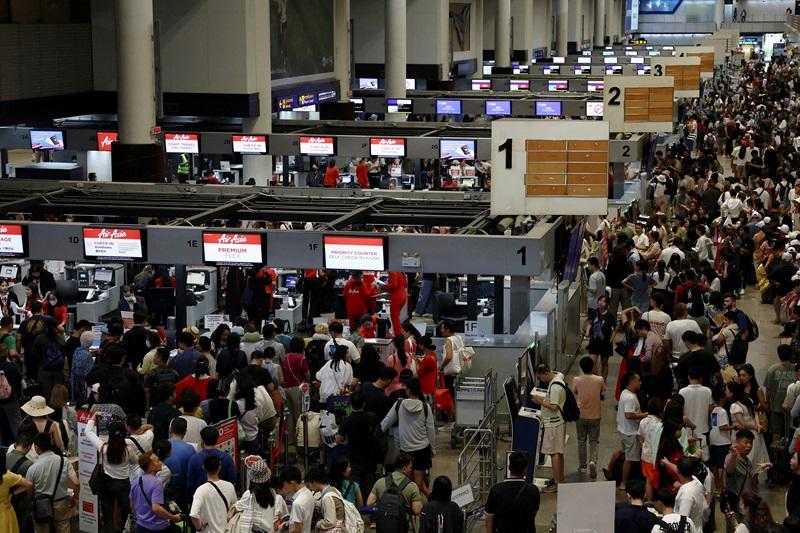CrowdStrike CEO apologizes for tech outage, says systems should be recovering - NBC

WASHINGTON — CrowdStrike CEO George Kurtz apologized for a global tech failure that disrupted multiple industries on Friday, vowing to work with all of its customers as they work to get their operations back online.
"We're deeply sorry for the impact that we've caused to customers, to travelers, to anyone affected by this, including our company," he told NBC News' "Today" program.
"Many of the customers are rebooting the system and it's coming up and it'll be operational," Kurtz said. "It could be some time for some systems that won't automatically recover," he added, but the company "would make sure every customer is fully recovered."
Security experts said CrowdStrike's routine update of its widely used cybersecurity software, which caused clients' computer systems to crash globally on Friday, apparently did not undergo adequate quality checks before it was deployed.
The latest version of its Falcon Sensor software was meant make CrowdStrike clients' systems more secure against hacking by updating the threats it defends against. But faulty code in the update files resulted in one of the most widespread tech outages in recent years for companies using Microsoft's MSFT.O Windows operating system.
Global banks, airlines, hospitals and government offices were disrupted. CrowdStrike released information to fix affected systems, but experts said getting them back online would take time as it required manually weeding out the flawed code.
"What it looks like is, potentially, the vetting or the sandboxing they do when they look at code, maybe somehow this file was not included in that or slipped through," said Steve Cobb, chief security officer at Security Scorecard, which also had some systems impacted by the issue.
Problems came to light quickly after the update was rolled out on Friday, and users posted pictures on social media of computers with blue screens displaying error messages. These are known in the industry as "blue screens of death." — Reuters




